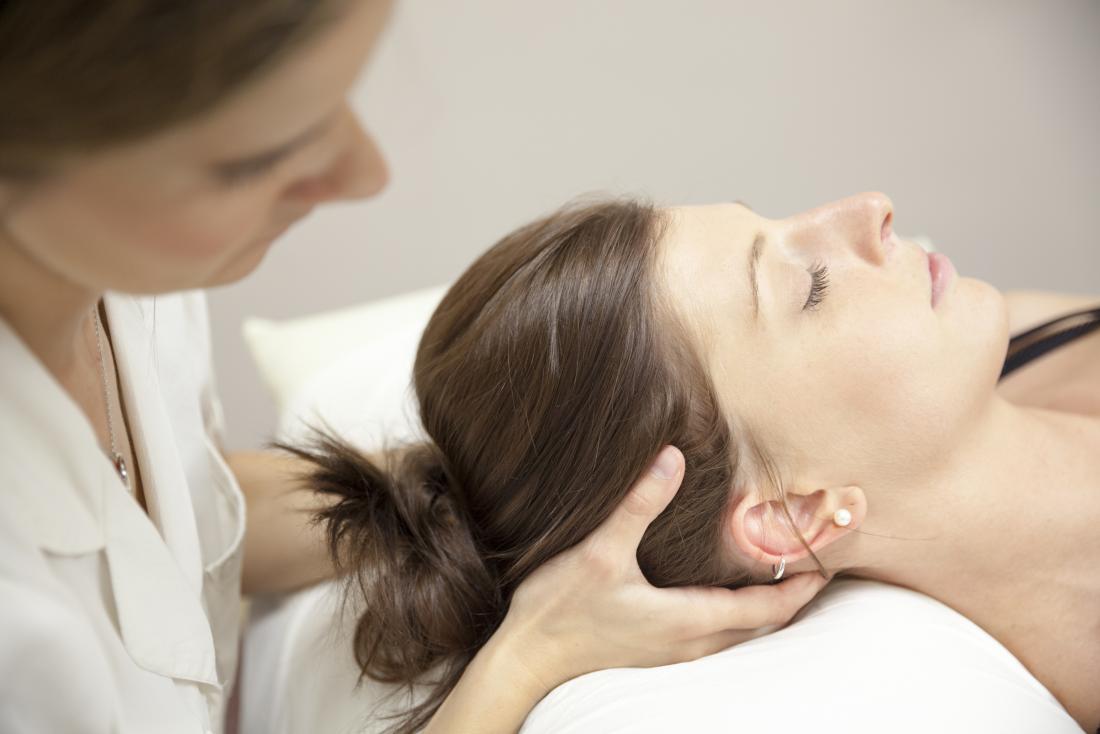Urutal is a drug that works by dilatation of precapiilary sphincters. This increases blood flow to the inner ear, which helps with vertigo and dizziness.
It also controls the permeability of capillaries in the inner ear, thereby eliminating endolymphatic hydrops. Moreover, it improves cerebral circulation, increasing blood flow in the internal carotid artery.
Vertigo
Vertigo is a common symptom of a variety of medical conditions. It can be mild or severe and it may come on suddenly or be constant. Sometimes it can be mistaken for light-headedness, which is a feeling that you’re about to faint (pass out).
In most cases, the cause of vertigo is a problem with your inner ear. This is the system that sends messages to your brain about where you are and what’s around you.
There are many different kinds of inner ear problems that can lead to vertigo, but the most common is benign paroxysmal positional vertigo (BPPV). BPPV happens when tiny particles called otoconia break free from the inner ear and float inside the semicircular canals in your ear. The crystals can trigger short episodes of dizziness when your head moves in certain directions.
Another common cause is a condition called Meniere’s disease. Meniere’s is an inner ear disorder that causes hearing loss, ringing in the ears and vertigo. Other causes of vertigo include a blood clot or bleeding in the brain, a perilymphatic fistula, cholesteatoma and otosclerosis, which is abnormal bone growth in your middle ear.
If you have vertigo and your doctor suspects a problem with your inner ear, they will perform a physical exam. They may also perform tests to check for other health problems.
Depending on the suspected cause of your vertigo, your doctor may ask you to do some exercises. For example, you may be asked to walk for 30 seconds and then sit down in one position, holding your body still.
The exercises are designed to test your balance. You can do these exercises by yourself at home or in a clinic.
Your healthcare provider may recommend that you visit a specialist, such as an otolaryngologist or a neurologist. These specialists specialize in the inner ear and balance systems and can help diagnose your vertigo and treat it.
When you see a doctor about your symptoms, they will perform a physical examination and check your eyes, ears and heart. They may also order blood tests or imaging tests to find the cause of your vertigo.
Dizziness
Dizziness can be an uncomfortable symptom that can interfere with your day-to-day life. While it rarely signals a serious medical condition, if it leads to a fall or other injury it can be dangerous.
It can be caused by many different conditions. These can include an inner ear disorder, an infection, reduced blood flow due to a blocked artery or heart disease, medication side effects, anxiety or another health problem.
If you experience frequent or constant dizziness, it’s important to see a doctor as soon as possible. They can diagnose a condition and prescribe a treatment plan that will relieve the symptoms.
Some types of dizziness can be difficult to treat, such as benign paroxysmal positional vertigo (BPPV). BPPV occurs when particles in the inner ear break free and fall into the wrong part of the semicircular canals. This causes a sensation of spinning or tilting in your head, often while you’re turning over in bed or sitting up.
A lot of people who have vertigo will find that their symptoms disappear over time with proper treatment. However, you should also seek medical attention if your dizziness doesn’t improve with treatment.
Urutal is a prescription medicine that helps reduce the severity and frequency of vertigo in adults with an organic inner ear disorder. It works by increasing the signal between your brain and the outer ear. It can help you get relief from vertigo and the other symptoms of an inner ear disorder.
When using urutal, you should take it at the same time as your other medicines. It’s also important to discuss the dose with your healthcare provider. You can also use an app called Vestibio to track your results and share them with your doctor.
Whether you’re dealing with vertigo or any other symptoms, a reputable gynecologist will be able to recommend a treatment plan that’s right for you. The treatment plan will be based on your unique situation and may involve several different therapies.
Your balance relies on several systems, including your ear, the brain and the heart. When any of these systems go haywire, you’ll experience balance problems and feel dizzy.
Headache
Headaches can be a major source of pain for some people, interrupting their lives and disrupting their work. They are a common reason for days missed at work or school and visits to the doctor, but they are treatable and can be relieved with treatment.
The most severe headaches are migraines, which are characterized by a throbbing or sharp, often pulsating pain on one side of the head that usually peaks within five minutes after onset and can last for three hours or more. They can also be preceded by a migraine-like aura that includes visual, sensory, or motor symptoms. Other symptoms include nausea, vomiting, sensitivity to light or noise, and changes in blood pressure and heart rate.
Migraines can be difficult to treat, so your doctor will need a thorough medical and headache history and may order lab tests for brain or spinal cord infections or toxins, as well as testing for increased intracranial pressure. Increased pressure within the skull can cause headaches, resulting from a buildup of cerebrospinal fluid that compresses nerves and blood vessels.
If your migraines are not controlled, your doctor might recommend daily medications such as beta blockers, calcium channel blockers or anticonvulsants; monthly injections of calcitonin gene-related peptide monoclonal antibodies; and making lifestyle changes that reduce stress, including getting adequate sleep and exercising regularly. These changes can decrease the frequency, length and severity of migraines and help you feel better.






